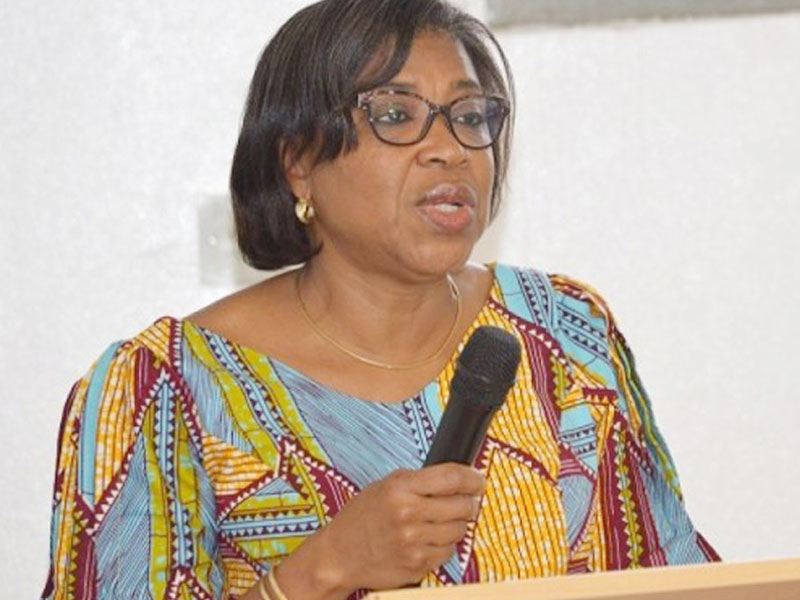The public debt stock of Nigeria at $42.8 billion (about N18.4 trillion) is still within acceptable limits and sustainable, the Debt Management Office (DMO) has stated.
The Director-General of DMO, Patience Oniha, stated this in a presentation at the Executive Course on Budgeting and Fiscal Transparency in Abuja.
NNPC, others to raise gas use to 5m tons in 3 years
Power users laud CBN 6m metering plan, flay high billings
Oniha said Nigeria’s debt to Gross Domestic Product (GDP) ratio remains among the lowest globally, noting that while Nigeria’s debt to GDP ratio was 23.06 per cent, some countries are higher like Angola (136.54%), South Africa (69.45%), Ghana (78.92%), United States (133.92%) and United Kingdom (104.47%).
The debt management expert said Nigeria’s borrowing was still healthy even as developed countries borrow. “Governments across the world borrow. Debt levels were already rising prior to the COVID-19 crisis when compared to 2014.”
She also noted that the debt stock was increased by petrol subsidy since the government had to borrow N1 trillion to subsidise petrol in the 2022 fiscal year.
Oniha said DMO was deploying World Bank and International Monetary Fund tools on sustaining the public debt.
“These tools include an annual Debt Sustainability Analysis (DSA) and a Medium-Term Debt Management Strategy (MTDS) every four years,” she noted.
Meanwhile experts at the ongoing Nigerian Economic Society (NES) 2022 conference in Kano, cautioned against excessive borrowing without commensurate revenue.
Former minister of national planning, Dr Shamsuddeen Usman, said Nigeria’s ratio of public debt to GDP at 22.80% is still within the 55.0% debt sustainability threshold for Nigeria. He however noted that the rising level of government debt in relation to national income poses serious economic risks.
Dr Usman who chaired the NES 63rd conference said: “The extent that rising debt is financed by borrowing from abroad, an increasing portion of our future income will be dedicated to interest payments on foreign-held federal debt.”
NES president, Prof. Ummu Jalingo, stated that issues concerning government expenditure, revenue, debt and debt servicing are some of the areas to be deliberated on.
“We are trying to look at physical challenges and other issues around the challenges; issues of expenditure of the government, debt, revenue and other issues.
“Principally in an economic sense, debt isn’t bad. It is a tool that you use to address serious problems but where you put the resources in Nigeria matters. Utilise resources prudently; use it for productive purposes,” she said.
On his part, vice chairman of Presidential Economic Advisory Committee, Prof. Muhammad Sagagi, said the government will review some recommendations from the conference for possible implementation.
“All nations get indebted. There is no nation that is self-sufficient. But I accept there are problems with debt service and if the government must borrow, it must ensure that it earns sufficient revenue to service the debt.”

 Join Daily Trust WhatsApp Community For Quick Access To News and Happenings Around You.
Join Daily Trust WhatsApp Community For Quick Access To News and Happenings Around You.


